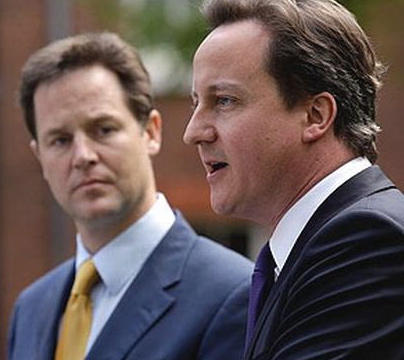
What Next for Britain’s Pro-Europeans?
Having, until now, benefited from the tacit support of the existing political elite, Britain’s pro-European lobby has had less incentive to create a formal political movement. However, if the anti-European jungle drums continue to beat louder, it seems only a matter of time before the pro-Europeans organise, perhaps in advance of the June 2014 European elections.
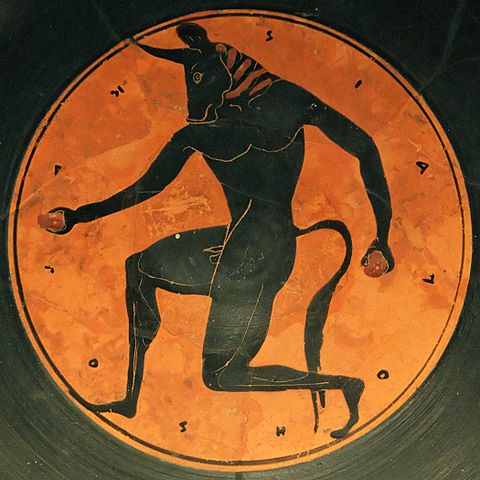
Europe’s Crisis: From solidarity to solitude?
A long time before she relocated to Brussels, Europa was a Phoenician princess. Zeus was particularly fond of her and abducted the princess in the guise of a bull. She bore him a son, Minos, who also had his fair share of trouble with bulls. It was he who constructed the legendary labyrinth to keep the Minotaur at bay. Moreover, it was Minos too, who demanded that Athens periodically sacrifice its best boys and girls to that insatiable creature; half-man, half-bull. Until Theseus finally killed it.
Today, again, Europe has become enthralled by ‘the bull’ and it seems the consequences are equally unfavorable.
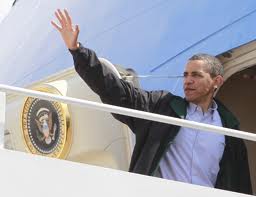
Flyover: Why Europe is no longer a top destination for Air Force One
After fresh re-election, Barack Obama skipped Europe. And no one is surprised. Instead, he made his first foreign trip to Burma (Myanmar), Cambodia and Thailand, thus clearly indicating the priorities of US foreign policy in the next four years.
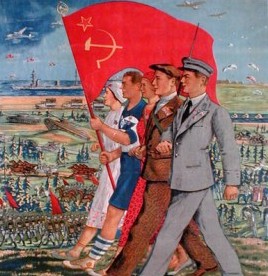
Who cares about Transnistria? Linkage and Leverage: External actors and conflicts in the post-Soviet space
The colour revolutions in Georgia (“Rose” 2003) and Ukraine (“Orange”, 2004) seemed to promise that countries on the North and East of the Black Sea would shake off their “post-Soviet” label and take a firm and unwavering road towards Europe and the US. Perhaps the states of Central Asia would choose a similar route. Russia would have to take a back seat. A resurgent Russia under Putin has destroyed much of this myth, not least because of Russia’s involvement in the de facto states which have arisen from conflicts: South Ossetia and Abkhazia (Georgia), Nagorno-Karabakh (Armenia/Azerbaijan) and Transnistria (Moldova). Russian influence after 200 years of empire runs deep, but local factors also have a bearing; the EU and US have not applied sufficient drive or resources to the region, or to the conflicts, to balance or check Russia.
It is Not Only About Germany: Technocratic Agenda and the European Project
Mark Leonard, Director of the European Council on Foreign Relations, recently discussed an important trend that looms over the European project. Commenting on the recent scandalous statements by the Germany populist politician Thilo Sarrazin and the disavowal of his position by leading German politicians, Leonard voiced his concern that if ‘the establishment cartel turns [populists like Sarrazin] into outcasts rather than arguing with their views’, they will be able to tap into an ever-growing ‘reservoir of pent-up political frustration’. Leonard goes on by stressing that it is particularly worrying that ‘Germany’s leaders are now trying to treat foreign politicians who question German orthodoxy the same way they treat their own populists’. German responses to the question of a Greek referendum …
Europe: the problem is not ‘north-south’ but ‘east-west’
In his stimulating recent post ‘France and the New Balance of power’, Oxford’s Geoffrey Gertz argues that the near-certain election of Francois Hollande will change the balance between ‘North’ and ‘South’ in Europe. Having for so long reckoned herself part of the German, Dutch, Scandinavian and Eastern European ‘North’, he suggests, France will now join Greece, Portugal, Spain, Italy and possibly Bulgaria and Hungary in the ‘South’. He may well be right: Hollande’s recent demands that the stability pact be renegotiated, that Germany would have to push for growth as well as balanced budgets and the whole tenor of his campaign is evidence enough. I wonder, though, whether a Hollande victory might not also have profound consequences for relations between …
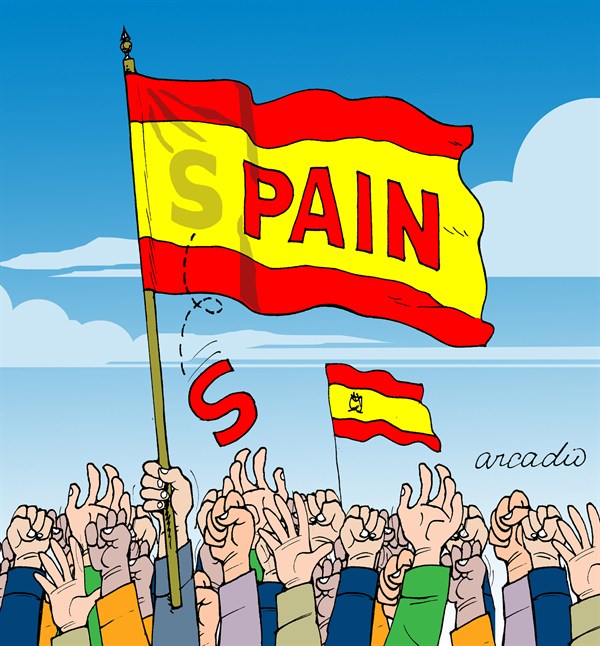
The European Dilemma: the Monetary Union and the Road Ahead
Countries in the periphery of the Eurozone face one of the toughest dilemmas in recent history. Each of them with their particularities, Greece, Portugal, Italy and Spain all share the challenge of dealing with the consequences of sustained large current account deficits, the accumulation of public and private debt and a protracted banking crisis. On top of these troubles, they lack an independent monetary policy, possess minimal fiscal maneuverability due to already unsustainable levels of public debt, and have to work under a marked sense of urgency due to painful and untenable unemployment rates. Their dilemma is over whether to implement further structural reform in the frame of the Eurozone, knowing that these measures could take longer to take effect …
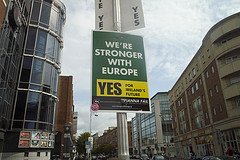
A referendum after all: Ireland and the new EU treaty
Earlier today 25 EU member-states signed the Treaty on Stability, Coordination and Governance (the UK and the Czech Republic have opted out of the treaty). In an earlier post I considered whether any EU member-states would hold a referendum on the new treaty. In that post I argued that despite long declaring that they would not hold a referendum, Ireland was the most likely to hold one. Despite their earlier statements, Ireland announced on Tuesday that it would be holding a referendum to ratify the new treaty after all. Exactly why Ireland will hold a referendum is worth closer scrutiny. Ireland has held referendums on all European integration treaties from the Single European Act (SEA) onwards. Originally the Irish government …









